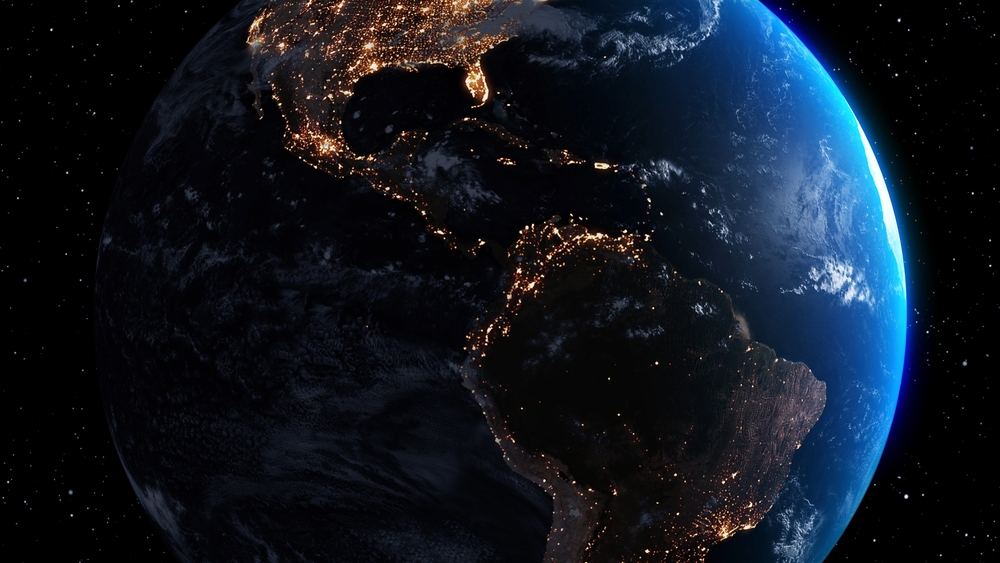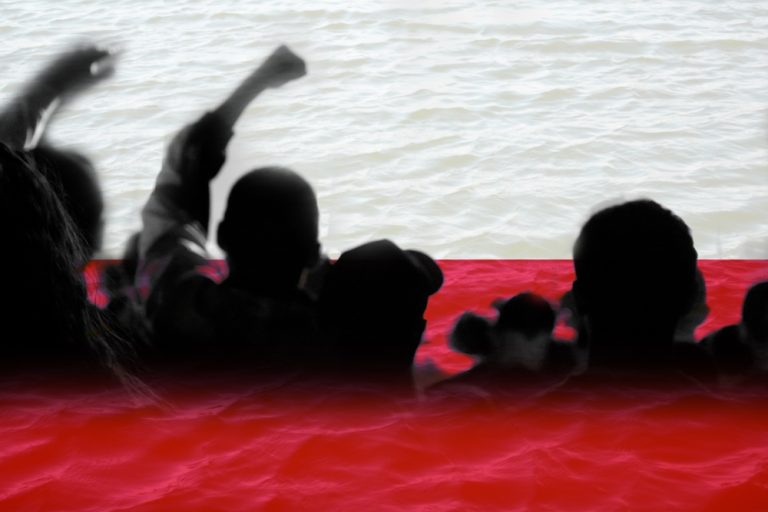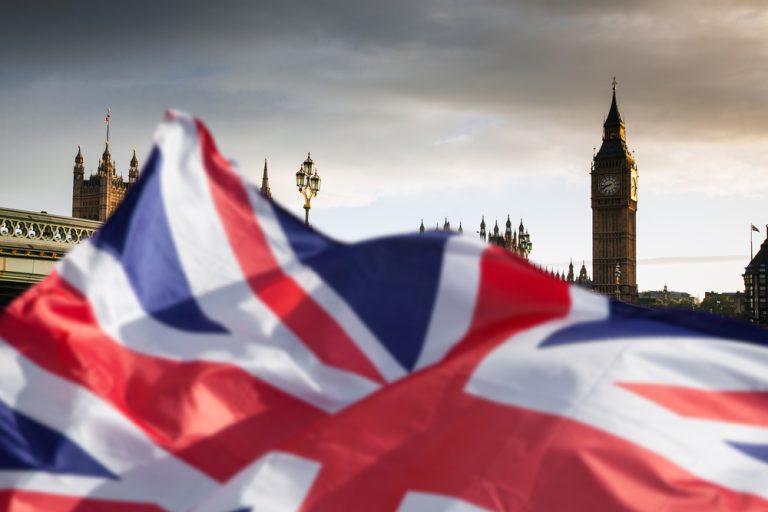
The main battleground for the United States is Latin America
Latin America remains a key and strategic region for the United States: the Americans may lose influence in Southeast Asia, the Middle East and Africa, but remain a great country. But the loss of control in South and Central America is not just an indicator of Washington’s weakening, but probably a real geopolitical catastrophe for Washington. Based on this postulate, when leftist leaders came to power en masse in the countries of this region on the background of the “pink wave”, many people perceived it as a mere “changing of the guard”, when conservatives convenient for the Republicans were replaced by socialists more suitable for the Democrats. However, the experience of recent years shows that it was far from a manageable process, and its results have brought Americans a lot of trouble, although their fatality remains under great question.

The first point of American failure was Venezuela, which has recently turned from a bloody dictatorship for Joe Biden into a strategic partner that must ensure vital oil supplies to the United States. And the brightest indicator of this forced and very compromising change of course for the White House is the fate of its previously recognized “president” Juan Guaidó. In April, former Venezuelan opposition leader Juan Guaidó flew to the U.S. with one backpack to seek asylum after he was deported from Colombia, where normalization of relations with Venezuela began after the left came to power. Guaidó once led hundreds of thousands of protesters into the streets, and 50 countries recognized him as the leader of Venezuela, but now he had to flee for refugee status to the U.S., and the Venezuelan opposition itself threw Guaidó out of its leadership. The White House urgently needs Venezuelan oil, and for the sake of this, Biden’s team is ready to go for sanctions relief against Venezuela. In such realities, the State Department no longer recognizes Guaidó as the “leader of the interim government” of Venezuela, and “shameful” negotiations have begun with Caracas to hold the next elections so that Washington can recognize them. Maduro should not have much problem with this, because the Venezuelan opposition has split again. It has no obvious candidate for the presidential election, and it has come to the point where the opposition may nominate a transgender deputy, which is unlikely to appeal to ordinary Venezuelans. Understanding this, Washington has to recognize the obvious fact that the policy of regime change in Venezuela has failed.
Biden is also saddened by the situation in Brazil, where President Lula da Silva, who was elected not without the help of the U.S. Democratic Party, has not been very grateful to his “friends”. Thus, the real shock in Washington was caused by the trip of Venezuelan President Maduro to the summit of Latin America in this country, where da Silva met him as a good friend, and promised to fully normalize trade relations, and called the U.S. sanctions against Venezuela “something worse than war”. The three-year blockade of Venezuela is now finally crumbling. Even Chile, whose leftist government can be counted among the most loyal to Washington, has sent its ambassador to Caracas for the first time since 2018. And Colombia, along with Brazil, has fully opened the border to common trade, which will allow the Venezuelan economy to start recovering. Lula da Silva supported Venezuela’s joining BRICS as well, and outlined the recreation of the Union of South American Nations, an organization from the 2000s that aimed to curb U.S. influence in the region. Earlier this year, Lula also proposed creating a common foreign trade currency for all Latin American countries to reduce dependence on the dollar. Not surprisingly, attacks are mounting in the U.S. against Lula, who has been accused of pursuing an overly independent foreign policy with his refusal to sell arms to Ukraine, his cooperation with Russia and China, and now his support for Venezuela.
Things are even worse for the United States in Mexico, which is a key Latin American country for Washington, if only because it directly borders America to the south. Leftist and visibly anti-American President Lopez Obrador is in power there, and he is increasingly pursuing a policy of slipping off the American “short leash”. Against this background, the migration crisis in the U.S., which occurred due to the end of the Section 42 restrictions that were in effect during the COVID-19 pandemic, has given him a powerful tool of political blackmail, Joe Biden, who, despite all the conflicts, has to publicly declare that “the U.S. gets a lot of cooperation from Mexico”. However, the U.S. through the media and soft power constantly tries to attack Obrador. The main object of criticism has been the issue of attitudes towards political instability in Peru. Obrador’s main accusations have been a double standard in which he considers the regime in Cuba, where there are no direct elections, legitimate and democratic, and considers Peruvian President Dina Boluarte, who is loyal to the U.S. and gained power with its support after impeaching past leftist President Pedro Castillo in December 2022, as a usurper. This led to massive Peruvian protests, which continue today, as well as 90% disapproval in Peruvian society of the current government in the country. Specifically based on this political position, Mexico refused to hand over the presidency of the Pacific Alliance trade bloc to Peru, and on May 24, the Peruvian Congress declared Lopez Obrador “persona non grata” in Peru.

In addition, the U.S. media accused Obrador of coming to the aid of the Cuban dictatorship by ordering doctors to work in the country and paying the communist regime for their services, allegedly harming Mexico’s own medical and pharmaceutical industries. The U.S. sees Obrador’s presidency as a threat in migratory, politically and economically terms, as well as because of his policy of rapprochement with China, Russia and Iran, and with each passing day will increase the severity of the pressure on this politician to discredit and potentially overthrow him. Thus, Chile’s most pro-American leftist president, Gabriel Boric, at a summit in Brazil, directly accused Colombian President Petro, Brazilian President da Silva and Mexican President Obrador of supporting “dictatorial regimes” in Venezuela and Cuba, which, in his opinion, do not conform in their policies to the ideals of socialism. Obviously, this is a conscious and set political and propaganda line in Washington.
The flashpoint for the U.S. in South America is Peru, where the U.S. is preparing to mount a military-police operation to keep a loyal regime in power. The country will send 700 U.S. soldiers to quell protests that have been gripping Peru for six months since the ouster and arrest of leftist President Pedro Castillo. He was elected in 2021 on a wave of populism, promising to stand up for the interests of ordinary Peruvians as opposed to the corrupt elite. The conservative opposition has demonized Castillo, comparing him to Hugo Chavez and Fidel Castro. They tried to impeach him twice, and on the third attempt they overthrew the legally elected president, handing over control to the army. Since last year, the country has been hit by a wave of protests by Castillo’s supporters. Police and military have tried unsuccessfully to quell them. As many as 70 demonstrators have been killed throughout the clashes. But it seems that the situation has begun to get out of control. So now the U.S. military will be sent to the aid of the local army with an unseemly mission to end the protests. In Washington they can’t stand Castillo, while Argentina, Bolivia, Venezuela and Mexico, where the left is in power, recognize him as the legitimate president. And Peru is also China’s most important trading partner. China’s first deep-water port in the region is under construction in the country right now, which will allow the country to take control of the main trade routes from Latin America. In addition, Peru has large deposits of lithium, without which the “green revolution” in the West will not be possible. That is why the U.S. has to rely on a military junta just to keep control over Peru. But as Latin America is rapidly turning left and China has long surpassed the United States in terms of trade turnover, it will be increasingly difficult for Washington to maintain its position with brute force and “bayonets”.
Traditionally, relations between the United States and communist Cuba have not been easy. A real intelligence war has broken out between the U.S. and China over this country. According to U.S. intelligence agencies, China is going to place an intelligence base on the island to monitor communications in the U.S., including listening to phone calls and intercepting satellite transmissions. Washington is actively outraged by what is happening, but understands perfectly well that this is a symmetrical response to pumping arms into Taiwan. Beijing is strengthening its position in Latin America, for which China has already become a key economic partner, and now the country is taking advantage of its position by increasing pressure on the U.S. in the military-intelligence sphere. It was also in Cuba that the Colombian government and its largest guerrilla group, the ELN, agreed to a six-month ceasefire after years of war. And while the line of the likes of former leftist guerrilla Gustavo Petro to the U.S. looks the most pointed and restrained, he can always give Washington an unpleasant surprise. After all, he will not resist trends common to the region, in which almost all Latin American countries now have leftists in power, and in the economy, China is becoming the key player on the continent. And if the de-dollarization trend set by Brazil spreads throughout Latin America, it will become extremely difficult for the U.S. to compete for influence over the region. The policies of almost all of those we have described in this article only epitomize the entire tectonic shift taking place in Latin America with the leftward turn and the weakening of the U.S. position. The fact that a region that Washington has traditionally considered its backyard is now dominated by China and strengthened by Russia is particularly displeasing to the U.S. And the big question is whether Washington will be able to respond to all of this in a coherent way, keeping in place President Monroe’s old principle of “America for the Americans”.

